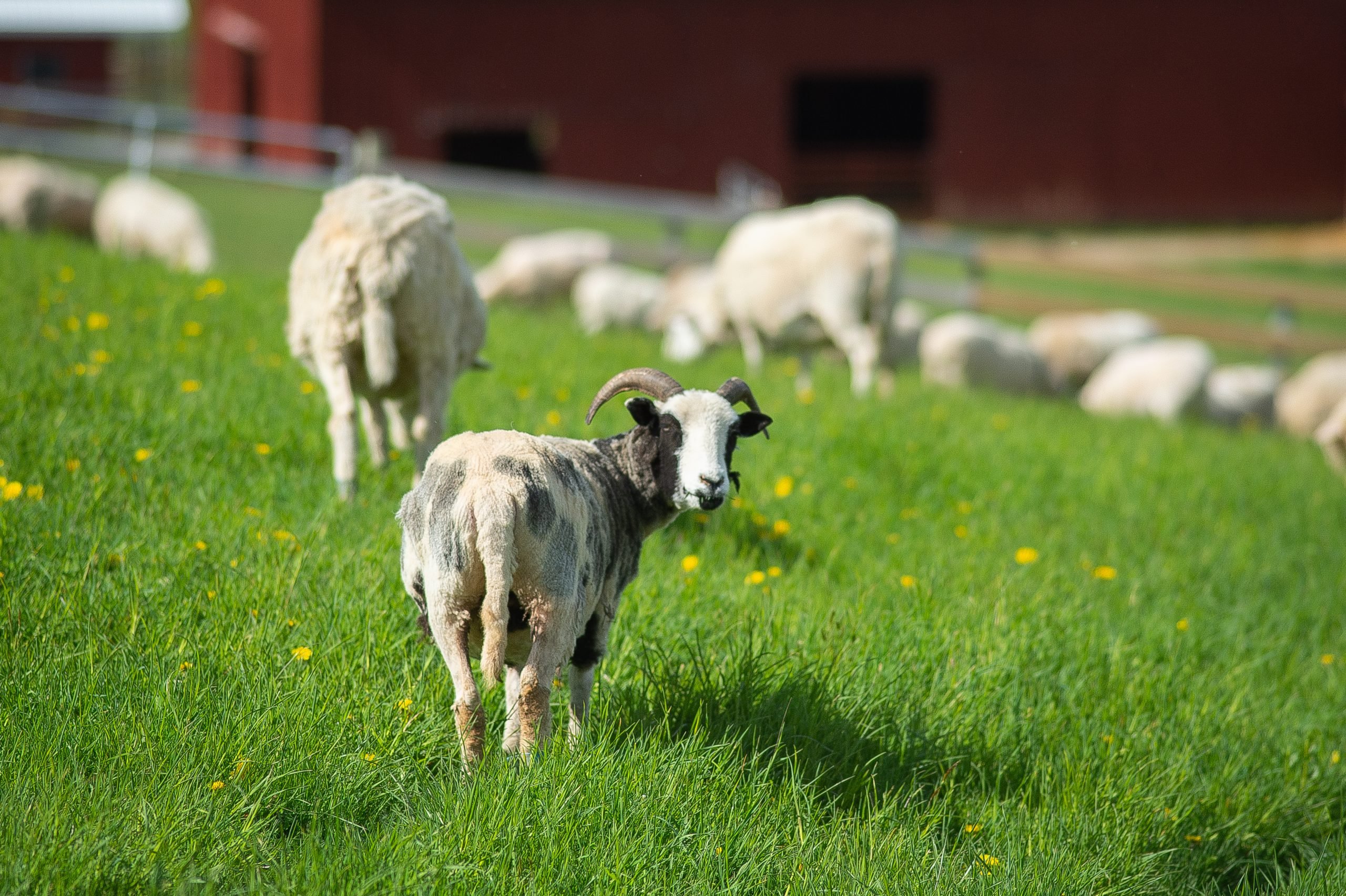Hello  ,
,
Before anyone calls me out for posting this on a vegan forum, I am posting it here because I would like to get a vegan’s point of view on this, and I probably would not buy anything with wool anyway.
I am against sheepskin (and lambskin), and I understand that the wool industry can be very rough and cruel to these animals, but what if the wool is from a farm that really takes care of and loves their sheep and does not slaughter them? Don’t sheep need to be shorn for their own well-being (to prevent fly-strike, parasites, infection, etc)?
Yes, I am a vegan (for the animals and the planet), by the way…
Thank you.
Before anyone calls me out for posting this on a vegan forum, I am posting it here because I would like to get a vegan’s point of view on this, and I probably would not buy anything with wool anyway.
I am against sheepskin (and lambskin), and I understand that the wool industry can be very rough and cruel to these animals, but what if the wool is from a farm that really takes care of and loves their sheep and does not slaughter them? Don’t sheep need to be shorn for their own well-being (to prevent fly-strike, parasites, infection, etc)?
Yes, I am a vegan (for the animals and the planet), by the way…
Thank you.

